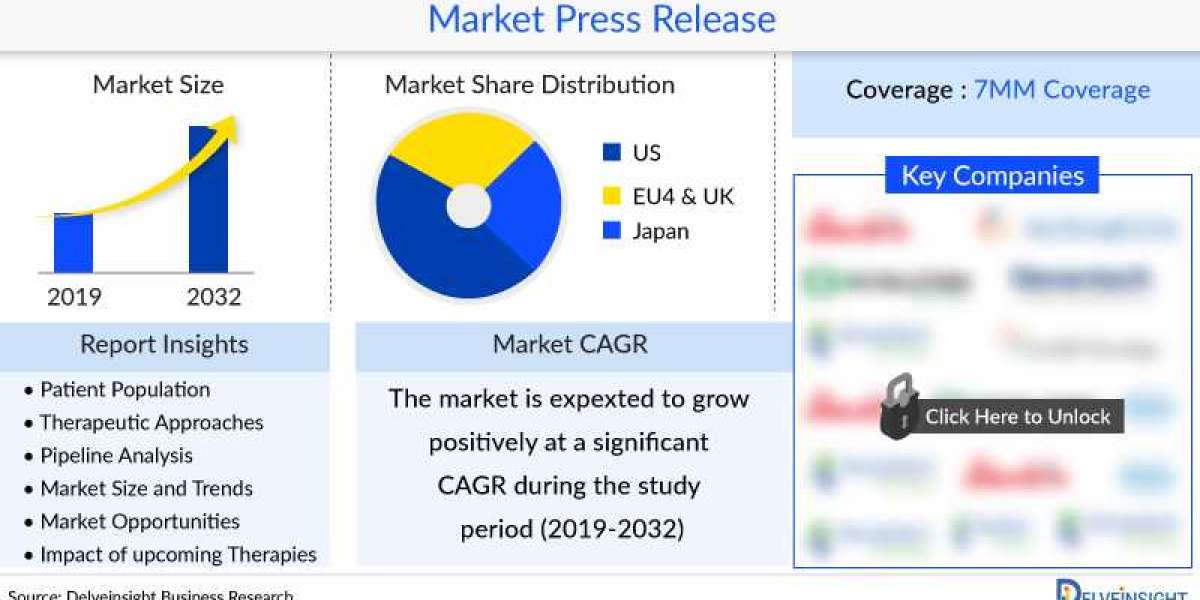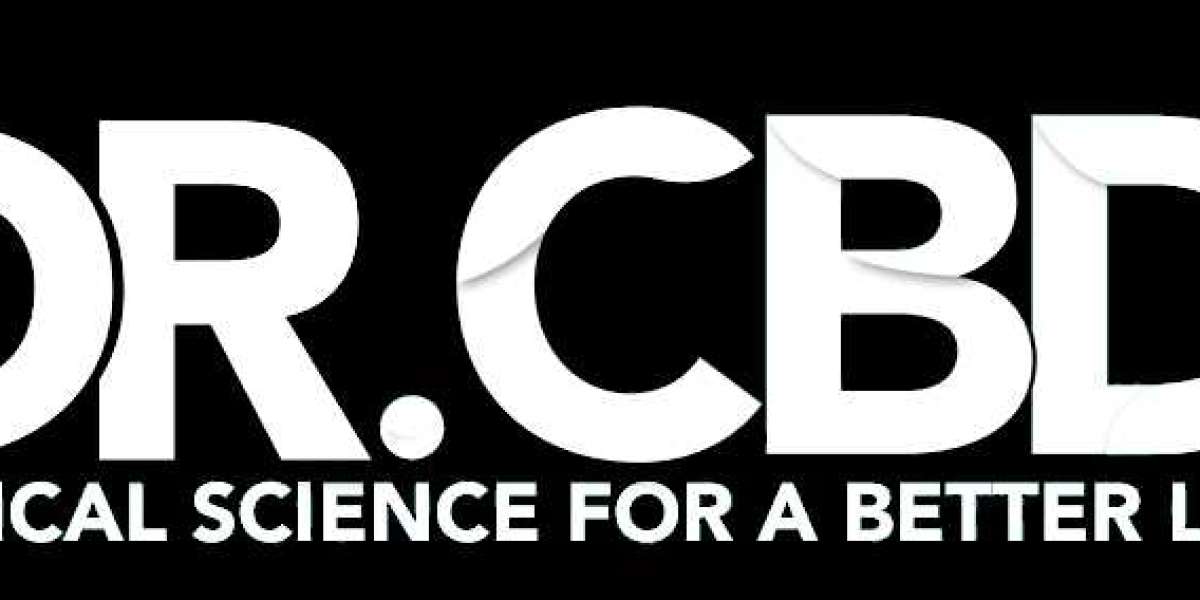The Importance of Regulatory Compliance
Regulatory bodies such as the U.S. Food and Drug Administration (FDA), European Medicines Agency (EMA), and other regional authorities establish guidelines and frameworks to ensure the safety, quality, and efficacy of pharmaceutical products. Non-compliance can result in severe consequences, including product recalls, fines, reputational damage, and delays in product approvals.
Regulatory analysis is essential for identifying and addressing potential compliance issues, interpreting evolving regulations, and ensuring that every stage of a pharmaceutical product's lifecycle—from development to post-market surveillance—meets required standards.
Leading the field, DelveInsight delivers tailored regulatory solutions designed to meet specific market challenges. Learn how their Regulatory Analysis Services can streamline your compliance journey.
Key Components of Regulatory Analysis
- Monitoring Regulatory Changes
Regulatory landscapes are constantly evolving due to advancements in science, public health challenges, and global harmonization efforts. Regulatory analysis involves continuous monitoring of updates to guidelines, standards, and policies across regions. This proactive approach allows companies to anticipate changes and adapt their strategies accordingly. - Gap Analysis
A thorough regulatory gap analysis identifies discrepancies between existing processes or products and the current regulatory requirements. This helps pharmaceutical companies address deficiencies and implement corrective measures to ensure compliance. - Risk Management
Regulatory analysis incorporates risk assessment to prioritize compliance efforts and allocate resources effectively. By identifying high-risk areas, companies can focus on mitigating potential regulatory challenges that could impact product approvals or market access. - Cross-Border Compliance Strategies
With globalization, pharmaceutical companies often target multiple markets simultaneously. Regulatory analysis ensures that products meet the requirements of diverse regulatory frameworks, such as ICH guidelines for international harmonization, enabling seamless market entry across regions. - Lifecycle Management
Compliance is not a one-time activity but a continuous process throughout a product's lifecycle. Regulatory analysis ensures ongoing adherence to evolving post-market requirements, including safety monitoring, periodic reviews, and reporting obligations.
Accelerate your market entry with expert support. Contact DelveInsight today for a consultation @ https://www.delveinsight.com/case-study/regulatory-analysis
The Role of Technology in Regulatory Analysis
Advancements in technology have revolutionized regulatory analysis, making it more efficient and accurate. Tools such as artificial intelligence (AI), machine learning, and regulatory information management systems (RIMS) enable companies to analyze vast datasets, track regulatory changes, and automate documentation processes. These technologies streamline compliance efforts and reduce the risk of human error.
Challenges in Regulatory Analysis
Despite its importance, regulatory analysis comes with several challenges:
- Evolving Regulations: Keeping up with frequent updates and region-specific nuances can be daunting.
- Resource Constraints: Small and mid-sized companies may struggle with limited expertise or financial resources to address complex regulatory requirements.
- Globalization: Harmonizing compliance strategies across diverse markets with varying regulations is a significant challenge.
- Data Management: Managing and analyzing large volumes of data for regulatory submissions requires robust systems and expertise.
Best Practices for Effective Regulatory Analysis
- Establish a Dedicated Regulatory Affairs Team
A specialized team ensures focused efforts in monitoring, interpreting, and implementing regulatory requirements. - Leverage Technology
Utilize advanced tools for tracking regulatory updates, automating submissions, and managing compliance data efficiently. - Engage with Regulators
Proactive communication with regulatory authorities fosters clarity on requirements and reduces delays in approvals. - Invest in Training
Regular training for employees on regulatory guidelines and compliance best practices ensures alignment across teams. - Collaborate with Consultants
Partnering with regulatory consultants provides access to expertise and insights, particularly for navigating unfamiliar markets.
Conclusion
In the pharmaceutical industry, regulatory analysis is not merely a compliance activity but a strategic function that ensures market success and patient safety. By adopting a proactive, technology-driven, and risk-based approach, companies can navigate the complexities of regulatory compliance effectively. As regulations continue to evolve, the importance of robust regulatory analysis will only grow, making it a cornerstone of pharmaceutical operations.
Latest Report Offered By DelveInsight:
Benefits Of Robotics In Healthcare | Lewy Body Dementia | Energy-Based Aesthetic Devices Market | Ependymoma Market | Fertility Monitoring Devices Market | Germ Cell Tumor Market | Hernia Repair Devices Market | Hot Flashes Market | Implantable Cardioverter Defibrillators Market | Keloid Market | Orthopedic Power Devices Market | Pouchitis Market | Surgical Sealant Market | Transthyretin Amyloidosis Market | Vascular Graft Devices Market | Lip And Oral Cavity Cancer Market | Sinus Dilation Devices Market | Inguinal Hernia Market | Plaque Psoriasis Market | Plasmodium Vivax Malaria Market | Hdac Inhibitors Market | Peritoneal Dialysis Equipment Market | Adenosine Deaminase-severe Combined Immunodeficiency Market | Bone Resorption Market | Pelvic Inflammatory Disease Market



